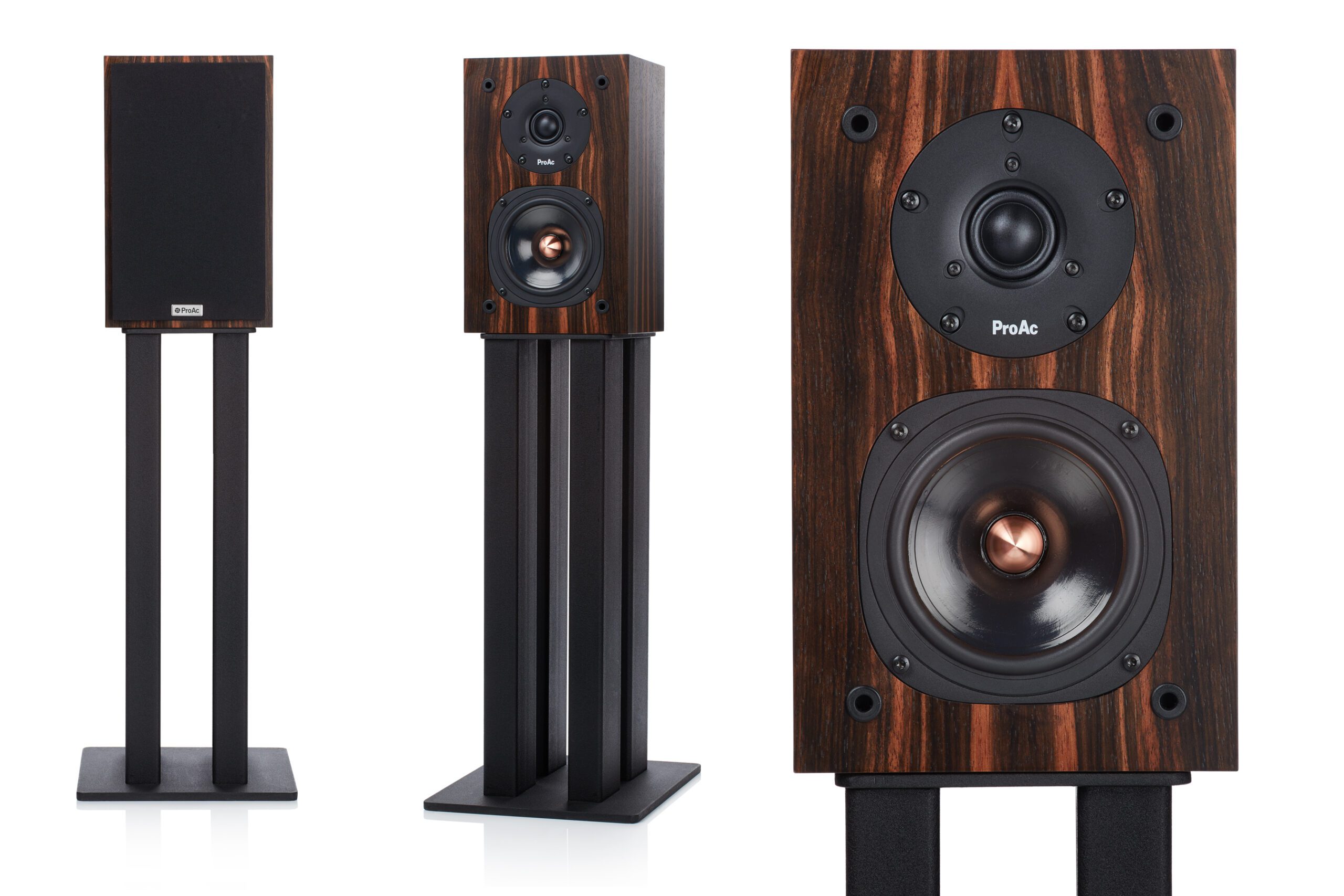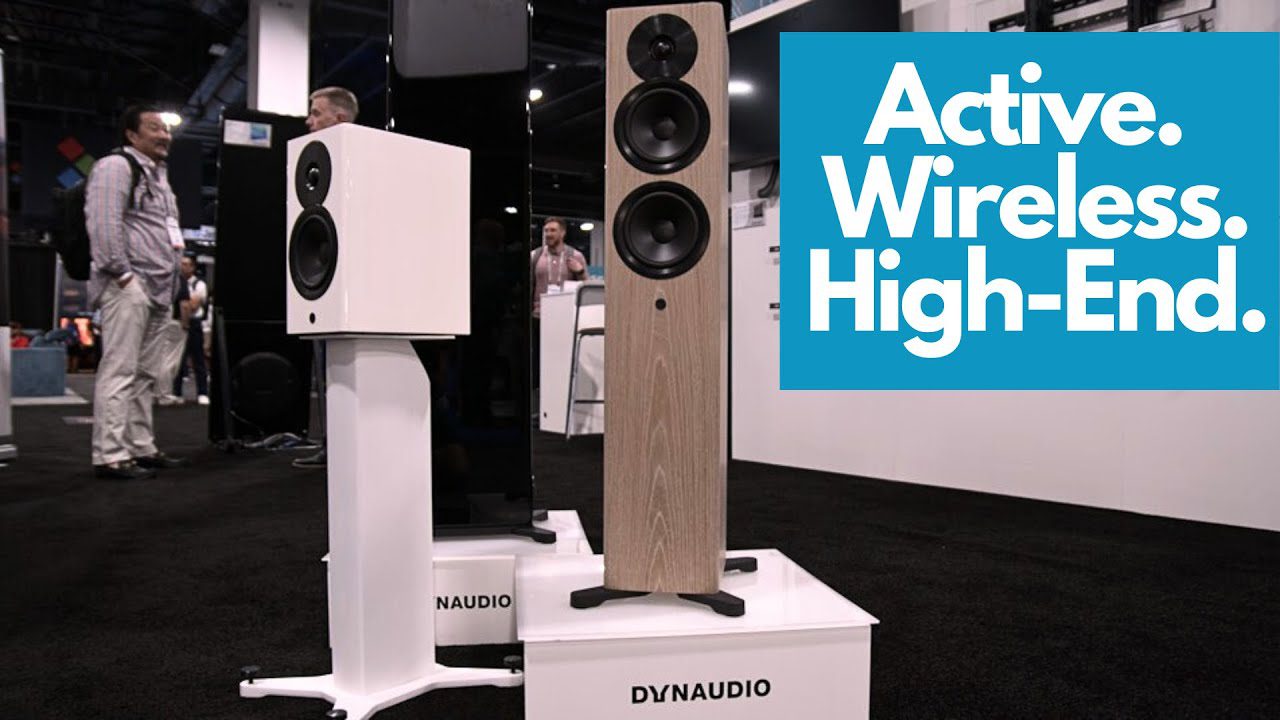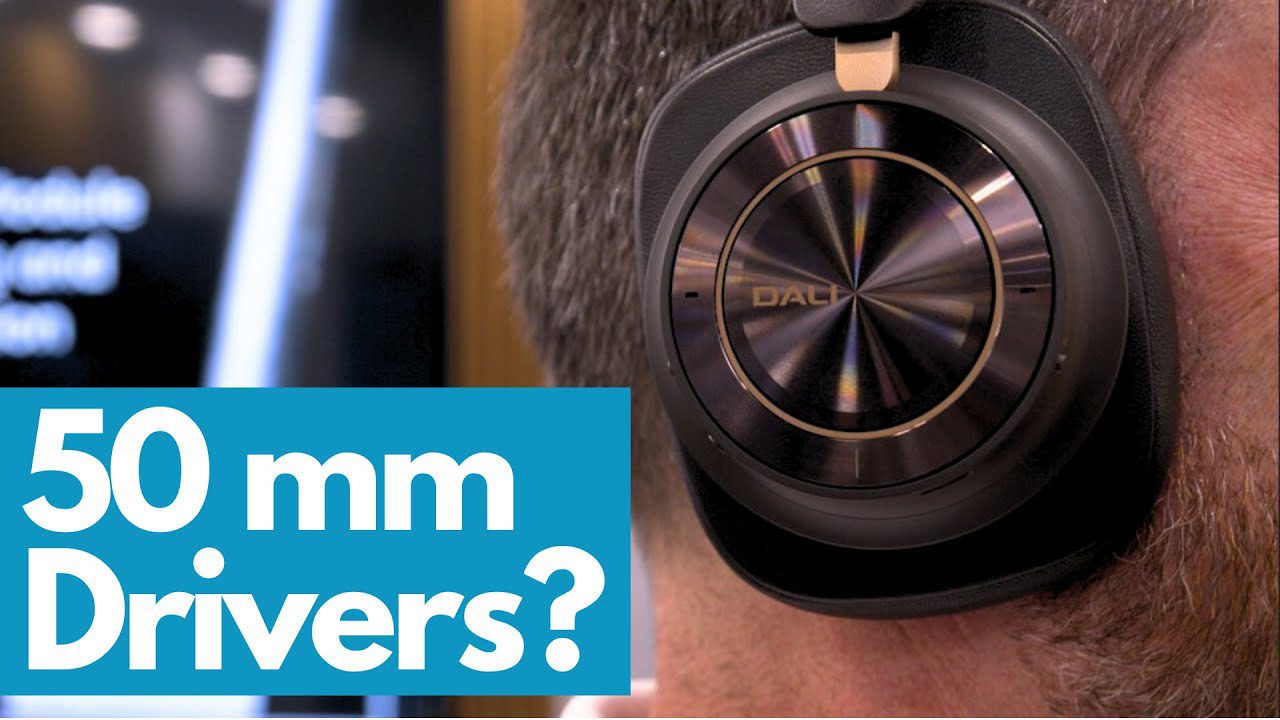
British Prime Minister Harold Wilson (1916-95) famously quipped “A week is a long time in politics”, as the highly exercised current UK political scene has demonstrated. However, a week is also a long time in audio at the moment, and the high-resolution and download world seems intent on changes on a day-by-day basis.
Last week, two announcements in audio reverberated through the high-end community. First, a paper from last month’s Journal of the Audio Engineering Society (http://www.aes.org/tmpFiles/elib/20160704/18296.pdf) by AES Member Joshua D. Reiss, entitled, ‘A Meta-Analysis of High Resolution Audio Perceptual Evaluation’ concluded that, “Overall, there was a small but statistically significant ability to discriminate between standard quality audio (44.1 or 48 kHz, 16 bit) and high resolution audio (beyond standard quality). When subjects were trained, the ability to discriminate was far more significant.” A meta-analysis is a summation of high-resolution listening tests performed worldwide.
This has prompted cheers among the audiophiles who want the best possible sound, jeers from those who dismiss the test and who (understandably) don’t want to pay for the same music yet again without good reason, and a whole lot of ‘huh?’ from music lovers who simply don’t get what all the fuss is about anymore.
It’s impossible to extract personal biases from this. For my part, I have mixed views on the subject: I have heard high-resolution albums that sound better than the 16/44 version of the same, and I’ve heard high-resolution albums that sound functionally identical to their standard resolution counterparts. I have performed a few personal blind tests in this respect and the results are at best inconclusive, yet I often find myself preferring the high-res file when not consciously selecting either. On the other hand, I have a large collection of CDs that would take the equivalent of about a third of my outstanding mortgage to re-buy as high-resolution files.
Reiss’ meta-analysis does suggest that there may be more to high-resolution audio files than simply marketing and wishful thinking. It suggests training and possibly source material make a difference (listeners were more likely to hear differences with acoustic, classical, and jazz music than they were with rock and pop), all of which might suggest that the kind of music choice and critical listening deployed by audiophiles means they feel they are discerning listeners, thereby self-selecting the audiophile listener group as high-res buyers.
In fairness, this test does not necessarily vindicate calls for high-resolution audio among the audiophile community, but does suggest further research is needed on if, how, and why high-resolution can be heard as distinct from standard definition audio files.
Away from the science, financial moves emerged last week, as strong rumours from the Wall Street Journal began to circulate that Apple is in discussion with Tidal about a potential takeover of the service. Although following on from this came a suggestion on Twitter from New York Times music reporter Ben Sisaro that Apple is not buying Tidal, both sides remain silent on the subject.
Apple’s move to Apple Music is more than just an exercise in playing catch-up with Spotify’s streaming success, but by adding the Tidal musicians to Apple’s roster of artists, the combined services would make the service even more of force to be reckoned with. Perhaps more importantly, Apple opening a dialogue with Tidal would mean Apple would be tangling with a company that set out its store as a high-res content provider. The hope from audiophiles is that Apple Music users would not be content with being second-class citizens in any Tidal deal, and all those 24/192 master files that Apple demands of its iTunes and Apple Music providers would be made more freely available.
The dust appears to be setting in this all-too-brief dalliance between companies, with nothing but foreplay. It seems that Apple and Tidal will remain apart – at least for the moment. Time will tell whether Tidal is bought, whether Apple frees up its high-resolution files for the public, or whether high-resolution is the right way to move from a commercial viewpoint.
Whatever happens, things just got a bit more interesting…
By Alan Sircom
More articles from this authorRead Next From Blog
See all
AXPONA 2024 Show Report Part One
- Apr 19, 2024

Audio Show Deluxe 2024: A photo show report
- Mar 28, 2024

Paul Messenger 1949-2024: A personal tribute
- Mar 26, 2024

Bristol Hi-Fi Show 2024: See You There!
- Feb 21, 2024










